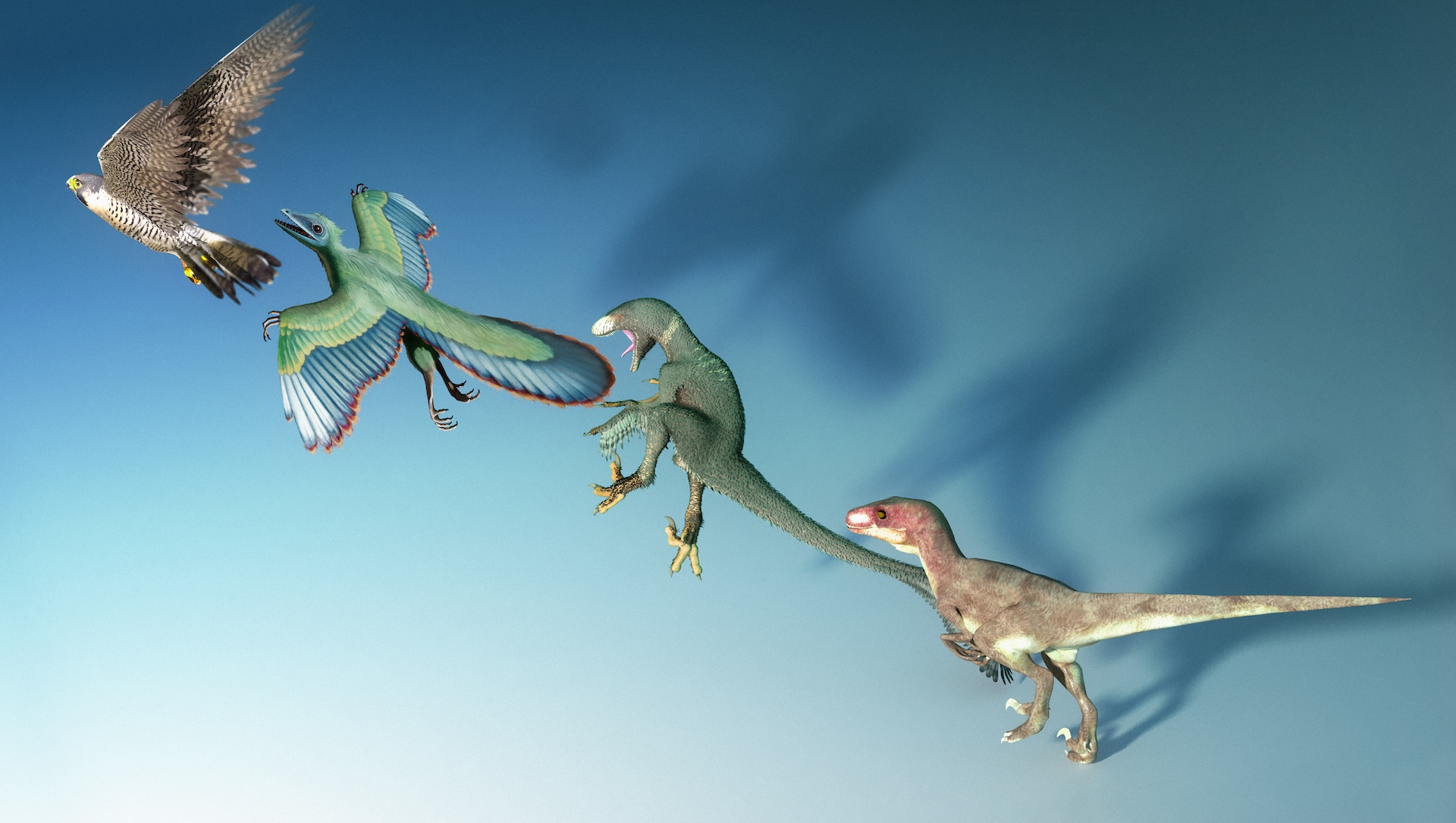Evolution news, features and articles
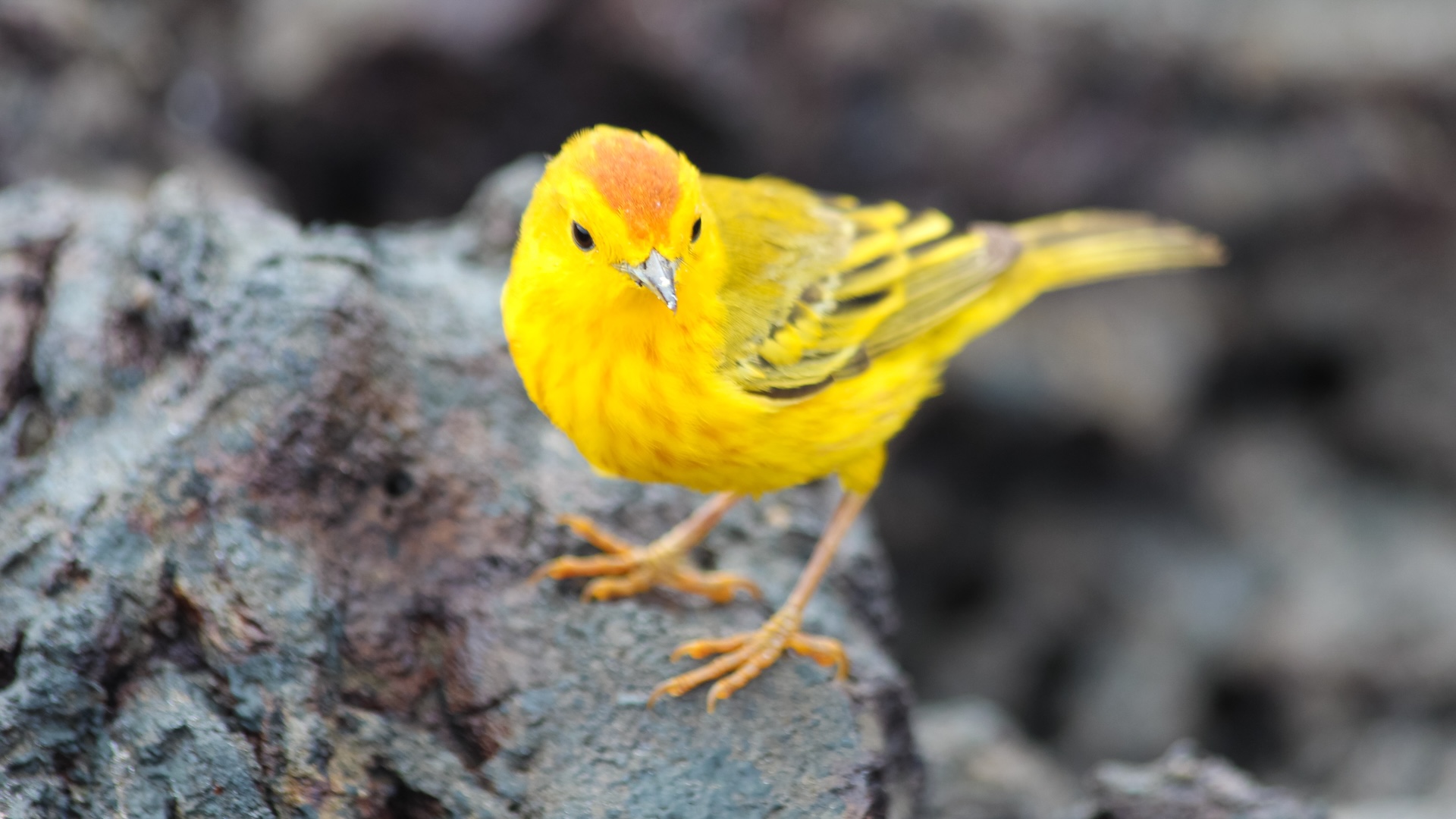
Charles Darwin's theory of evolution by natural selection changed science forever, demonstrating that organisms develop over time in response to their environment, with the "fittest" species surviving. Live Science celebrates this groundbreaking discovery and everything scientists have learned since. From explaining human evolution and how long it takes new species to evolve, to the "missing link" in T. rex evolution and other weird animals that evolution came up with, our expert writers and editors ensure you always have amazing news, features and articles about evolution to enjoy.
And if you think you're already an expert at everything there is to know about evolution, you can test your knowledge with our evolution quiz and Charles Darwin quiz.
Discover more about evolution
—Evolution: Facts about the processes that shape the diversity of life on Earth
—100 years after death, evolution's other discoverer gains recognition
Latest about Evolution
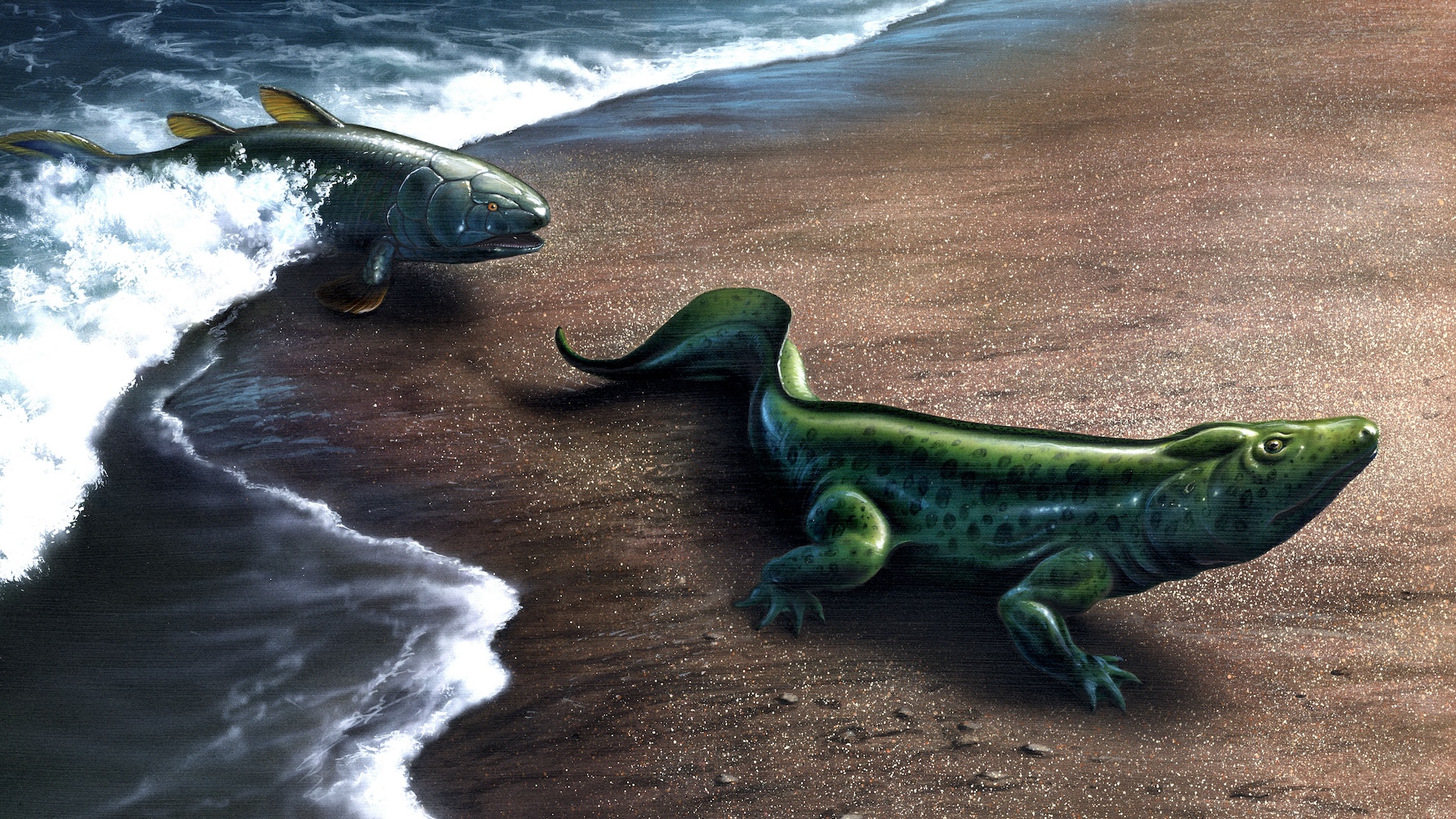
Evolution itself can evolve, new study argues
By Stephanie Pappas published
A new computer model suggests that the process of evolution can get better at evolving in the face of environmental change.
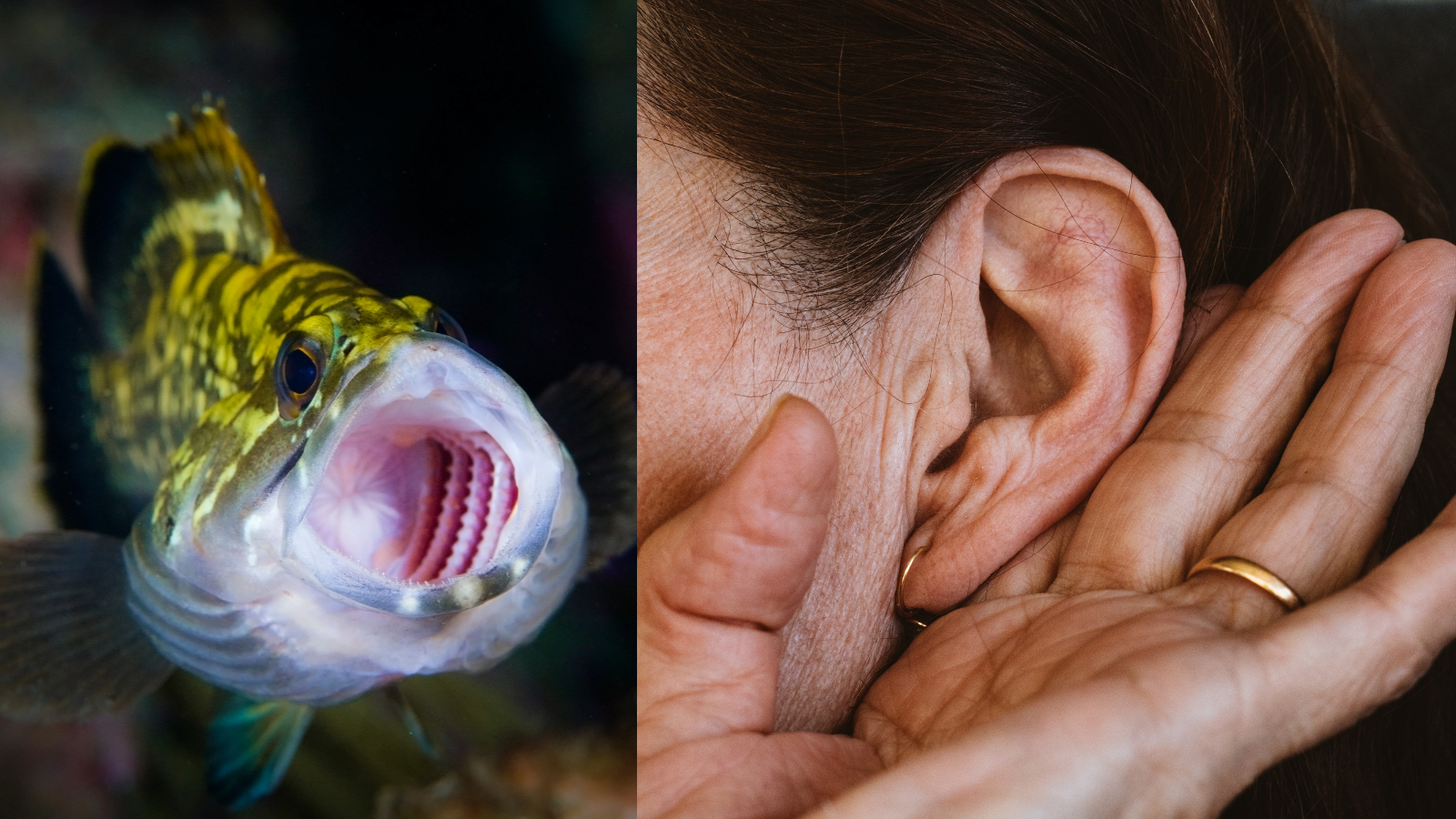
Our outer ears may have come from ancient fish gills, scientists discover
By Sascha Pare published
Scientists have traced the evolutionary origin of humans' outer ears to the gills of ancient fish through a series of gene-editing experiments.
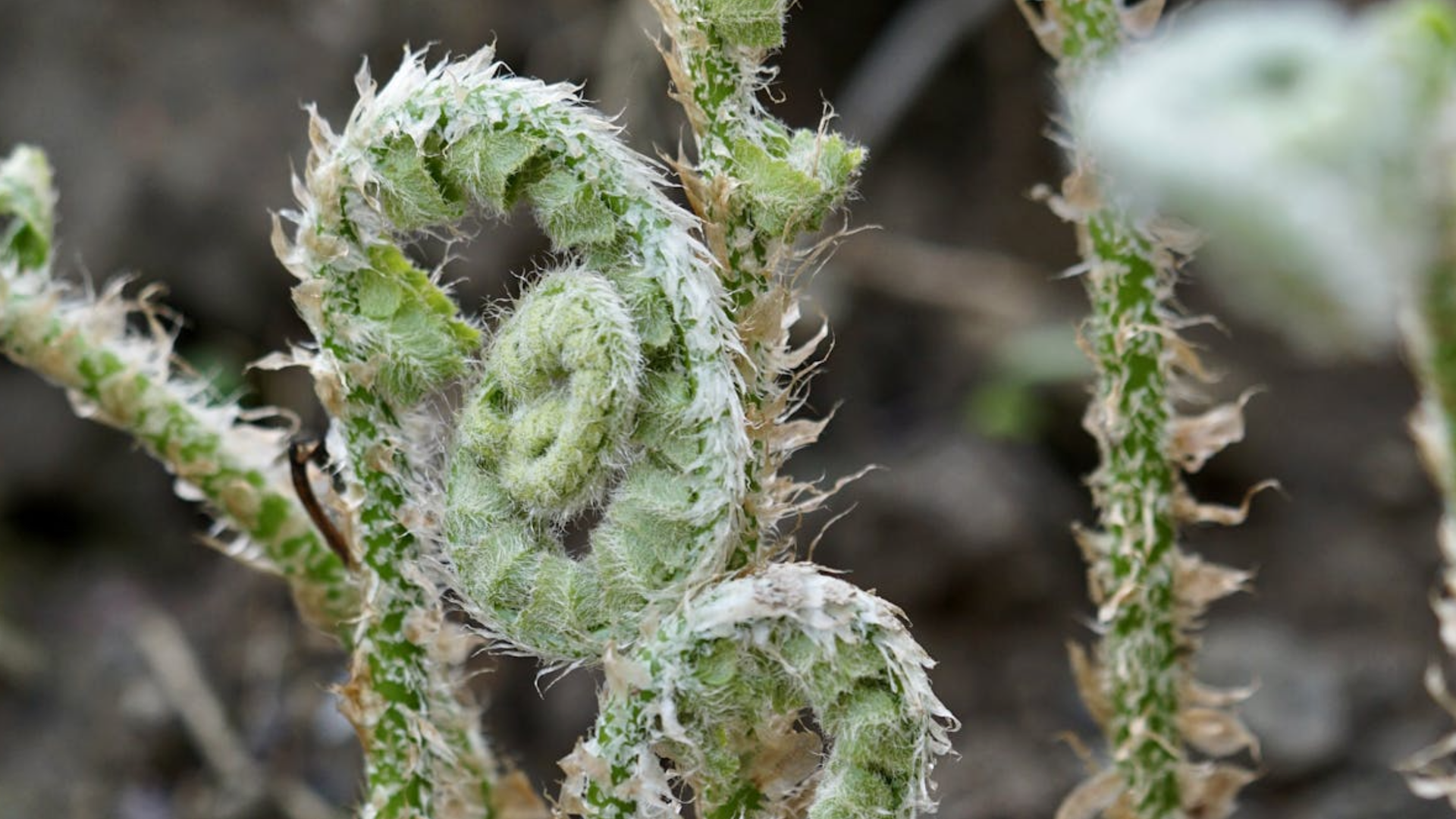
Ferns can evolve 'backward,' scientists discover
By Jacob S. Suissa published
Evolution is often depicted as a steady forward march from simple to complex forms. But new research shows that certain ferns can evolve ‘backward.’
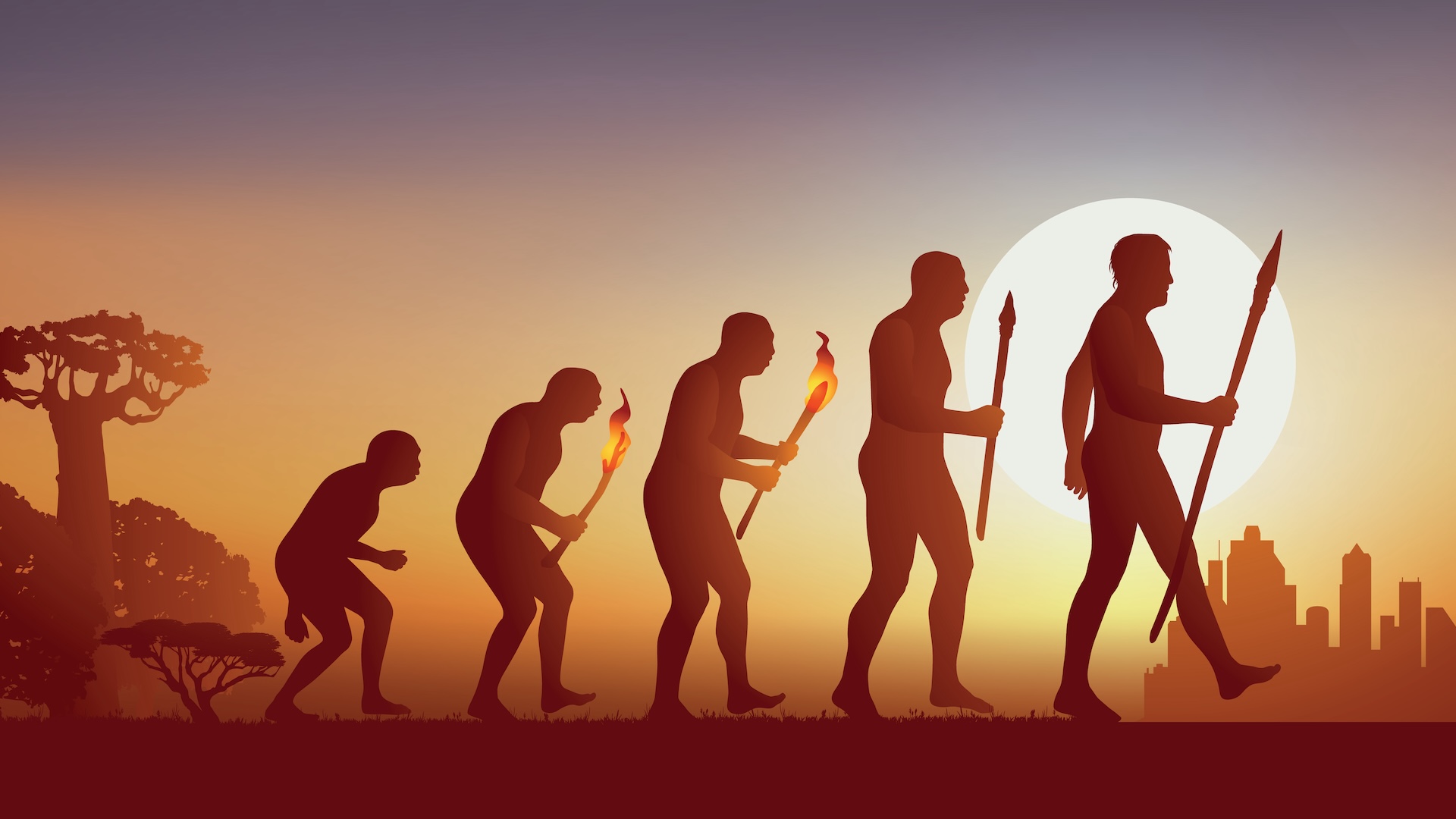
Sunlight shapes our evolution — and may explain why some people have curly hair
By Mike Lee published
Light helps explains the evolution of our skin color, why some of us have curly hair, and the size of our eyes. And light still shapes us today.
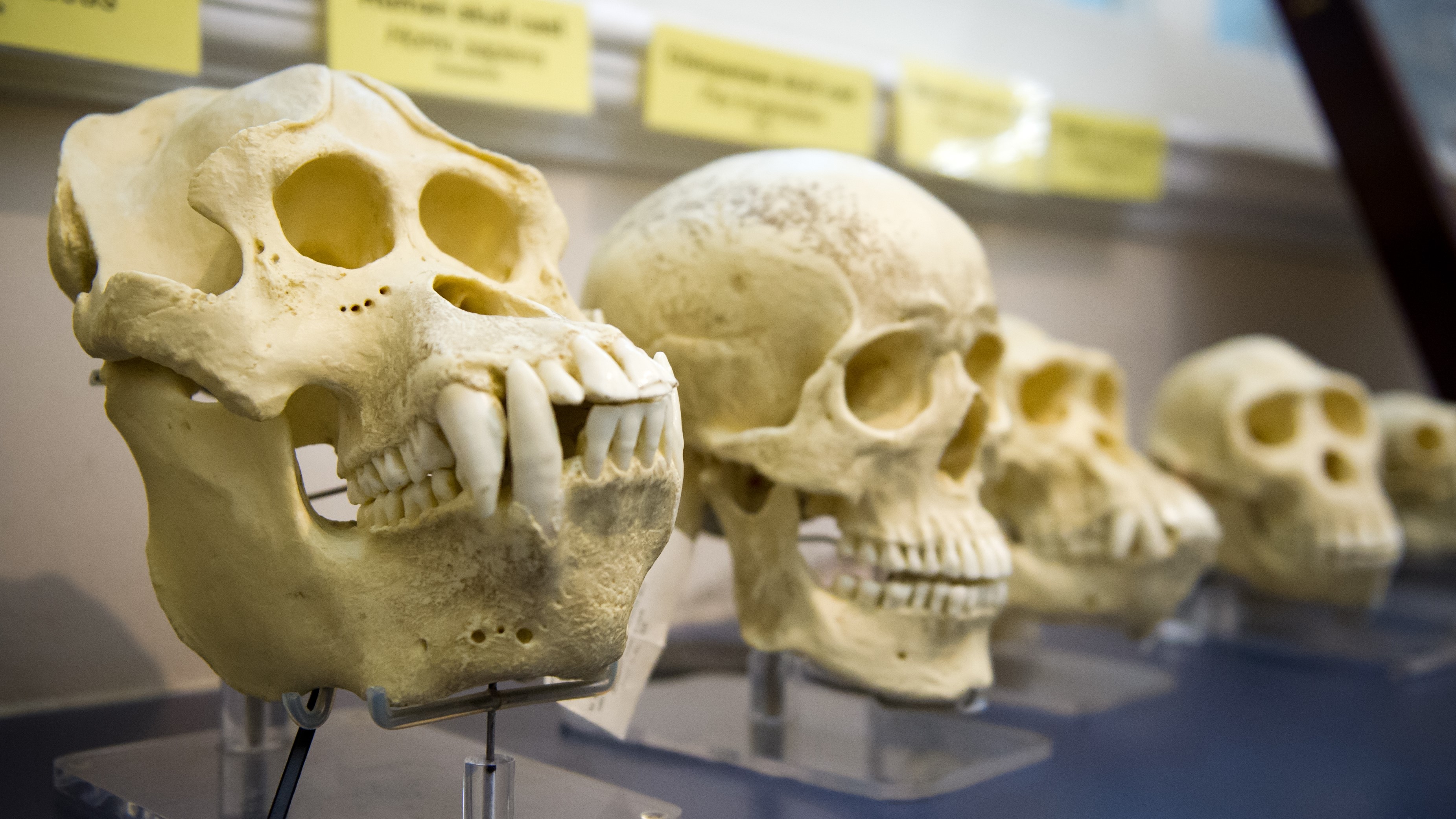
Evolution quiz: Can you naturally select the correct answers?
By Hannah Osborne published
How much do you know about evolution? Take this quiz to find out.
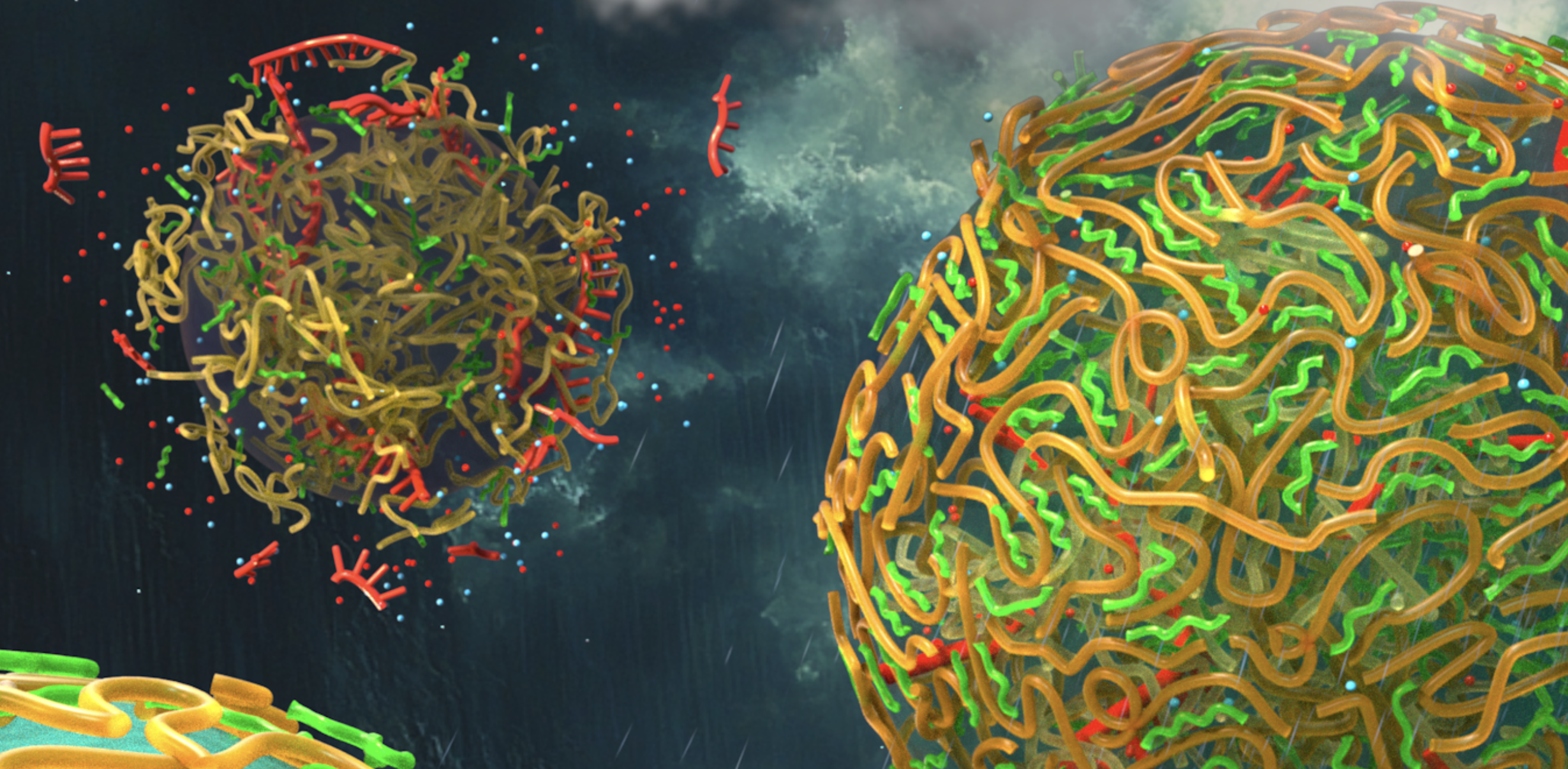
Raindrops may have helped kick-start life on the planet
By Aman Agrawal published
The earliest cells likely didn’t have membranes to separate and protect their components and chemistry away from a harsh surrounding environment. But they may have made do with rain.
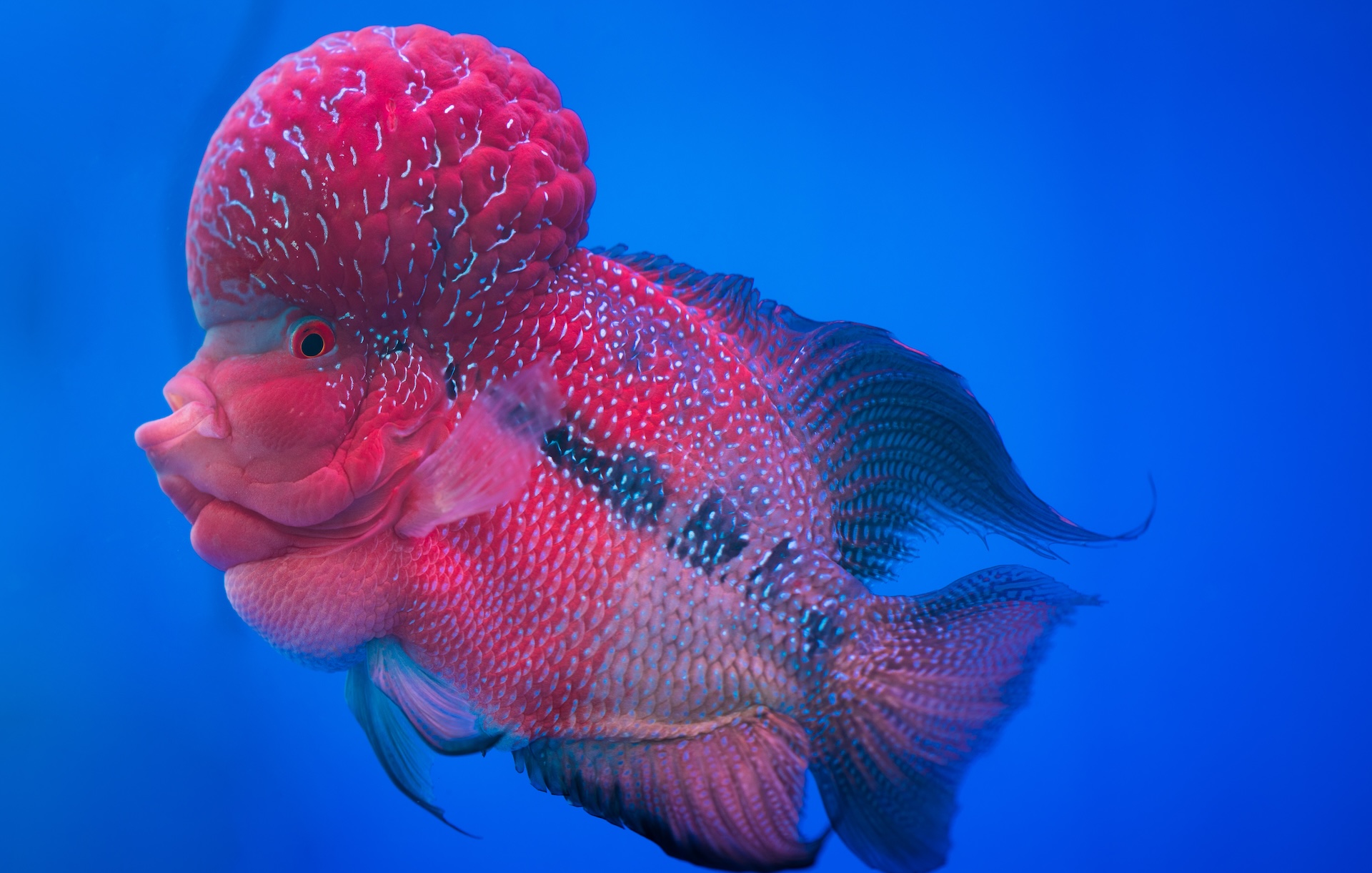
Which animals are evolving fastest?
By Marlowe Starling published
The "fastest evolving vertebrate" title is hotly contested, but here are a few contenders.
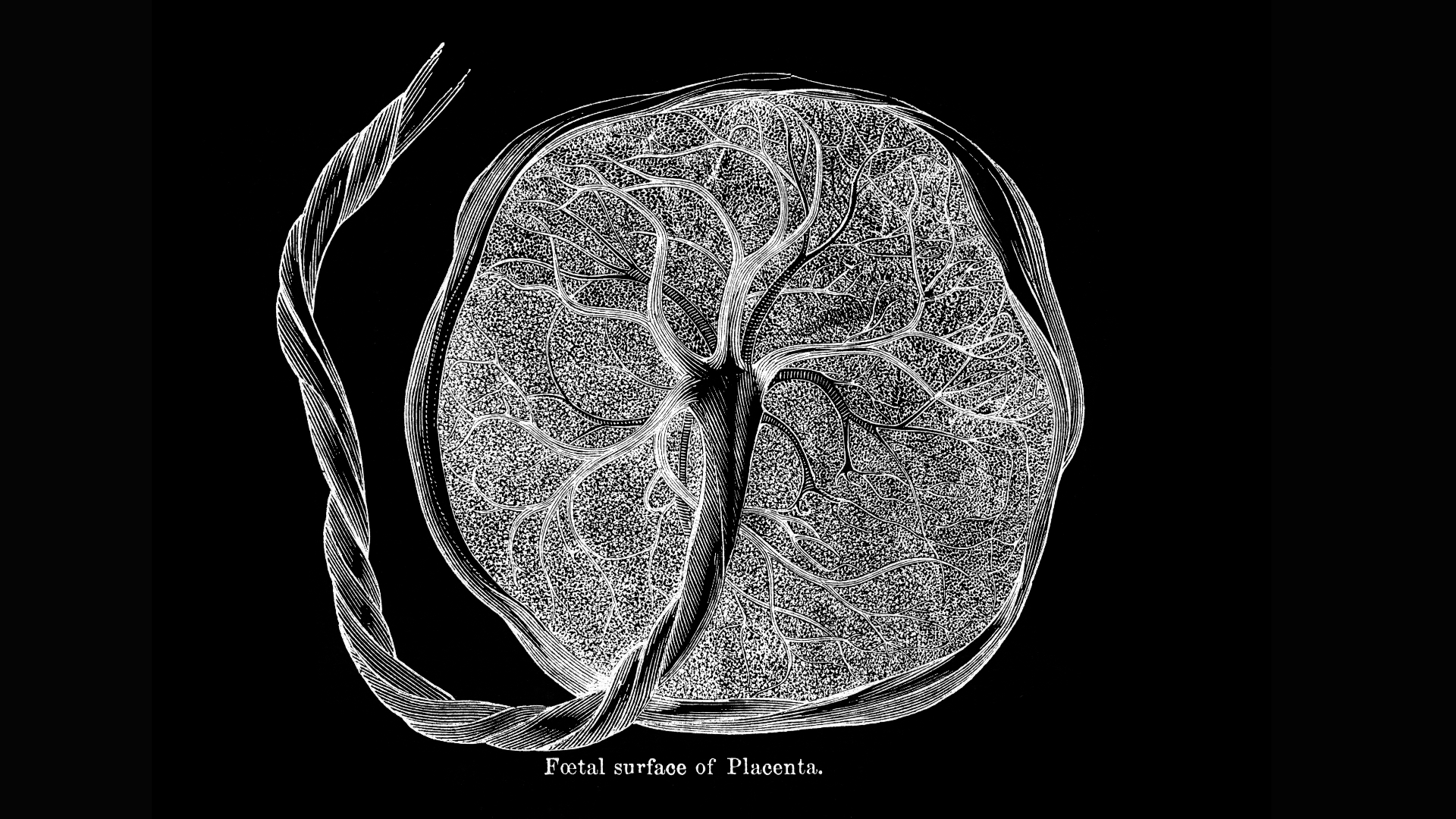
'I have never written of a stranger organ': The rise of the placenta and how it helped make us human
By Jules Howard published
"Human evolution has occurred both due to, and in spite of, the placenta. Every pregnancy, unthinkingly, must navigate a careful path through it. Every menstruation is testament to it. It is partly why menopause exists, to give individuals an escape from the energetic costs associated with its imposition."
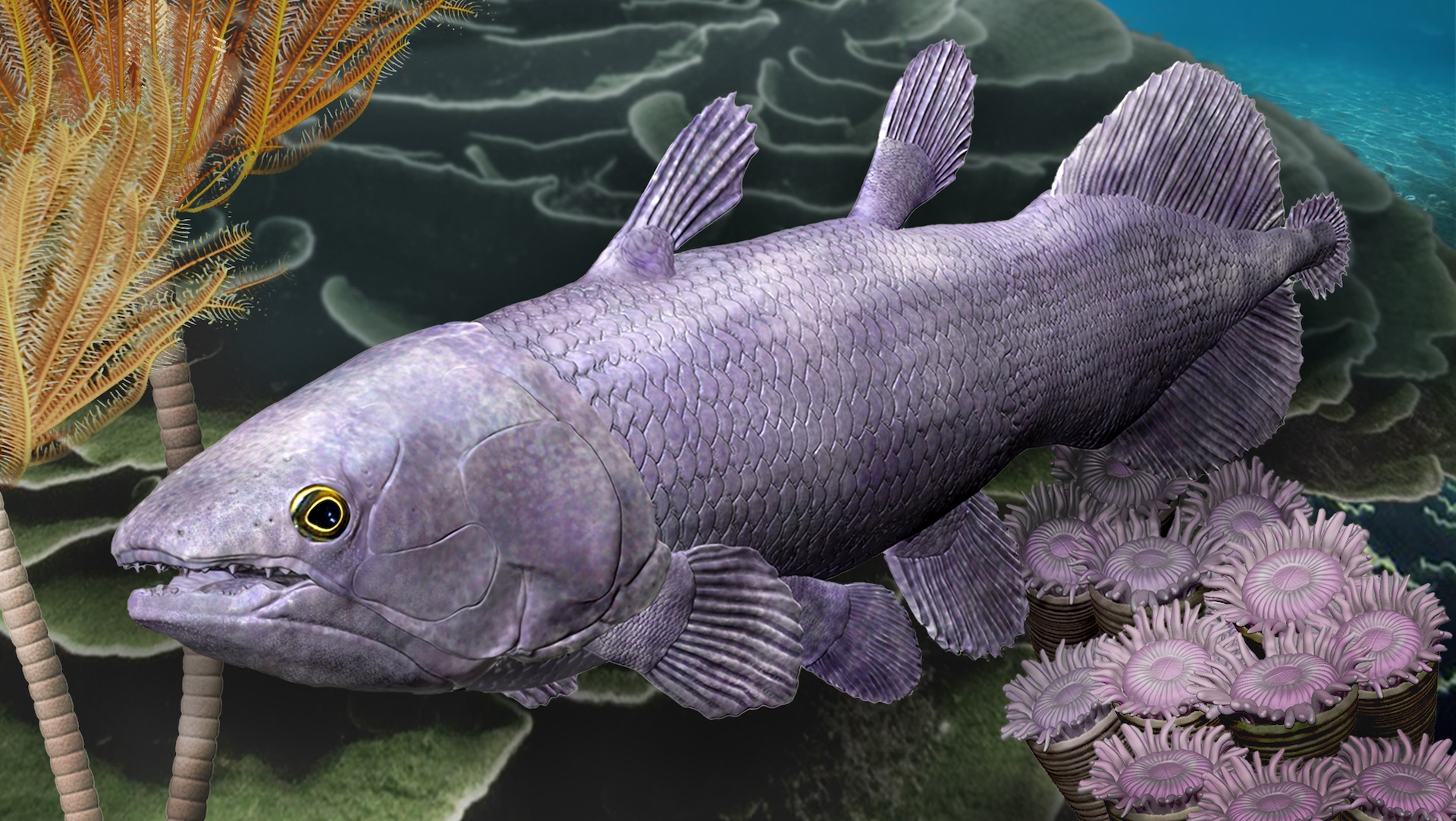
Ancient relative of 'living fossil' fish reveals that geological activity supercharges evolution
By Stephanie Pappas published
The ancient coelacanth, which has existed for some 419 million years, never stopped evolving despite its reputation as a "living fossil." A new discovery reveals that it evolved faster when plate tectonics were most active.
Sign up for the Live Science daily newsletter now
Get the world’s most fascinating discoveries delivered straight to your inbox.
